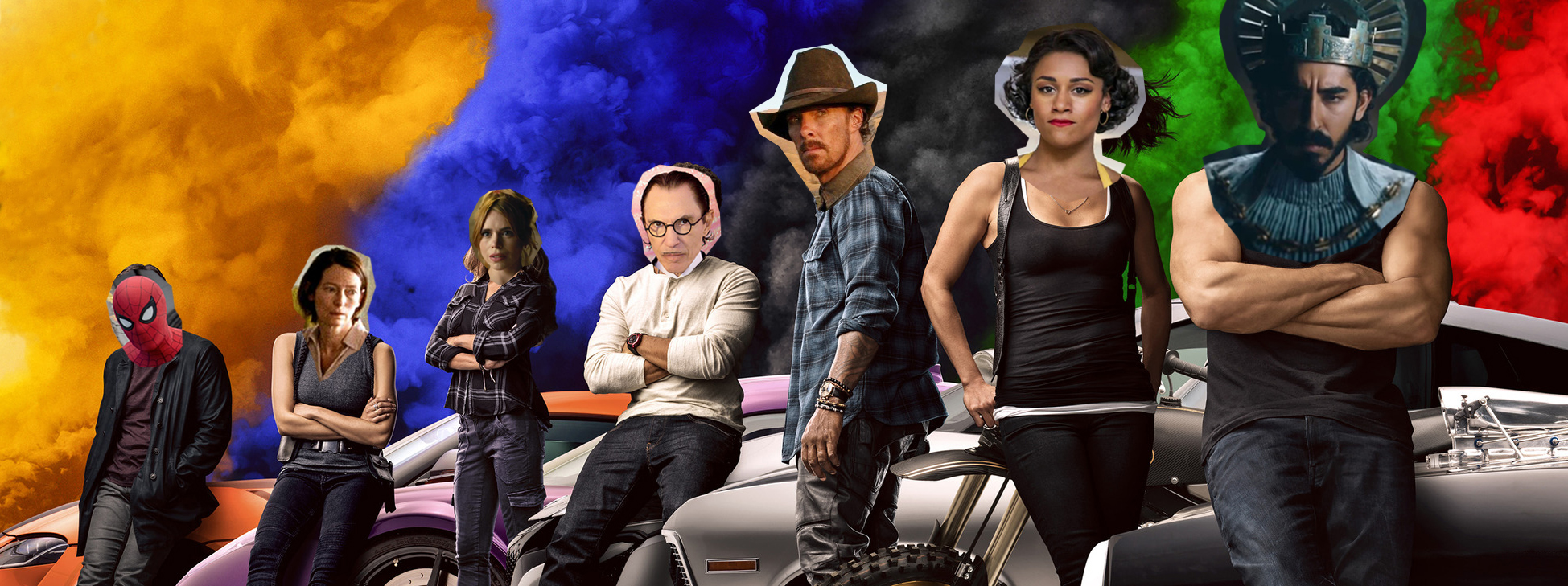
Okay, I’m back on the writeups. It likely won’t last.
But first, the caveats.
Among the very best things I saw this year were Derek Delgaudio’s In and Of Itself and Bo Burnham’s Inside, but even in a list that meshes fiction and documentary, it still felt wrong to rank a filmed stage performance and a piece of performance art against a clearly-defined artform that’s on a whole other evolutionary track. It’s okay, I don’t really know what that means either. I think maybe I just didn’t feel like it.
This list was compiled with the usual hand-wringing, hair-pulling, and hand-pulling that always accompanies these things. The lower the stakes, the harder it is. My best-of fails to include a number of titles I spent most of the year convinced would come out on top: Baba Yar. Context is yet another tremendous work from Ukrainian director Sergei Loznitsa who has long-since perfected the art of the observational, narration-free documentary, and this one ranks up there with Austerlitz, The Event, or his masterpiece Maidan. Thomas Vinterberg’s Another Round, Aaron Sorkin’s Being the Ricardos, and Wes Anderson’s The French Dispatch were also excruciating near-misses. At the start of the year, I told a number of people that if Regina King’s astonishing One Night In Miami somehow got edged out of the top ten, it would mean 2021 would turn out to be a pretty great year for film. Guess what.
Release date rigmarole and general distraction meant I couldn’t see the likes of C’Mon C’Mon, The Lost Daughter, Drive My Car, Parallel Mothers, and a number of other popular 2021 titles that seem entirely up my alley. At some point early in the year, I happened to catch up on the 2020 fantasy Wendy from Beasts of the Southern Wild director Ben Zeitlin, a film I adored with such ferocity, I almost included here out of belligerence. But then, that would be breaking the incomprehensible and seemingly arbitrary rules I’ve set up for myself as to what may and may not be included. Don’t try to make sense of it, just know that the system works.
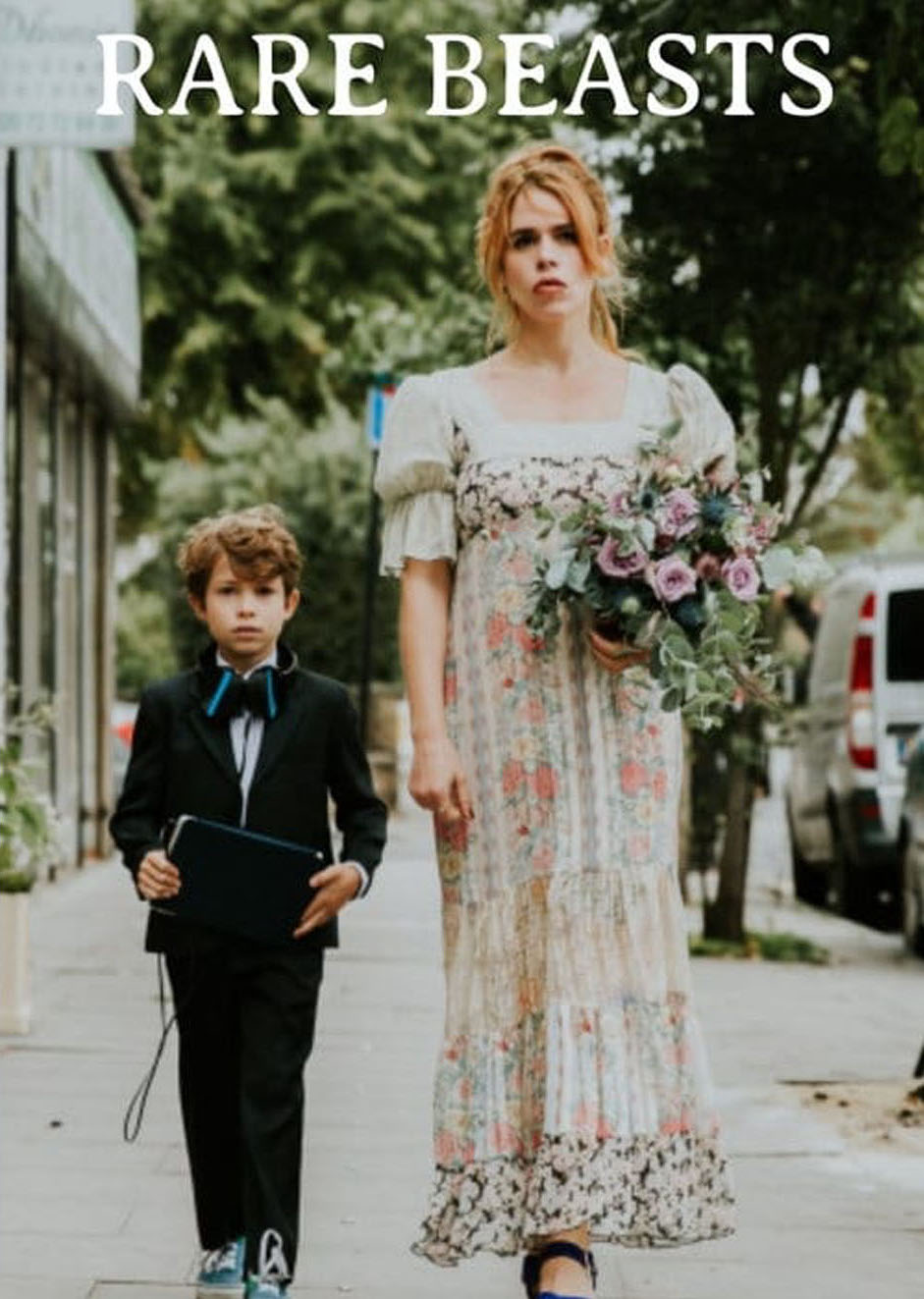
10. RARE BEASTS
For months now, I’ve been trying to figure out how so many people slept on this film. Did the two-year release delay cast a pall, as if it had missed its moment? Did the marketing materials make it resemble something frivolous or dismissible? Or was it the fact that it’s the filmmaking debut of pop-star-turned-actor Billie Piper, and therefore assumed to be little more than a vanity project? I’m on the verge of paying for some market research out of my own pocket just to get some answers, because this is the sort of film I feel should be generating significant word-of-mouth; the kind of gem you hope to discover as you trawl your way through new releases. So while I wait for the phone bank to fire up, let’s try to correct this error now: Piper directs this funny, dark, borderline-fantasy, semi-autobiographical film like she is – at minimum – three films deep. It’s so confident in ambition and craft, I defy anyone not to at least respect the wild bleacher swings. Rare Beasts is shaped like a romantic comedy, but is profoundly unsentimental in its depiction of a beleaguered career-driven single mother hooking up with a truly unpleasant man who wouldn’t make it through the door as a background extra in a Richard Curtis film. The film’s central thesis is its riskiest bet, and Piper gilds it with huge stylistic risks that really should have, by all rights, sent the whole enterprise careening into the abyss. But the risks pay off, and the result is a bold jolt from the blue; one of those rare debuts where you can’t immediately see the residual DNA of its influences. Piper’s film is an original, kinetic work that deserves a cult appraisement before Piper turns her talents to yet another new career she’ll turn out to be immediately great at. I’m picking oceanographer.
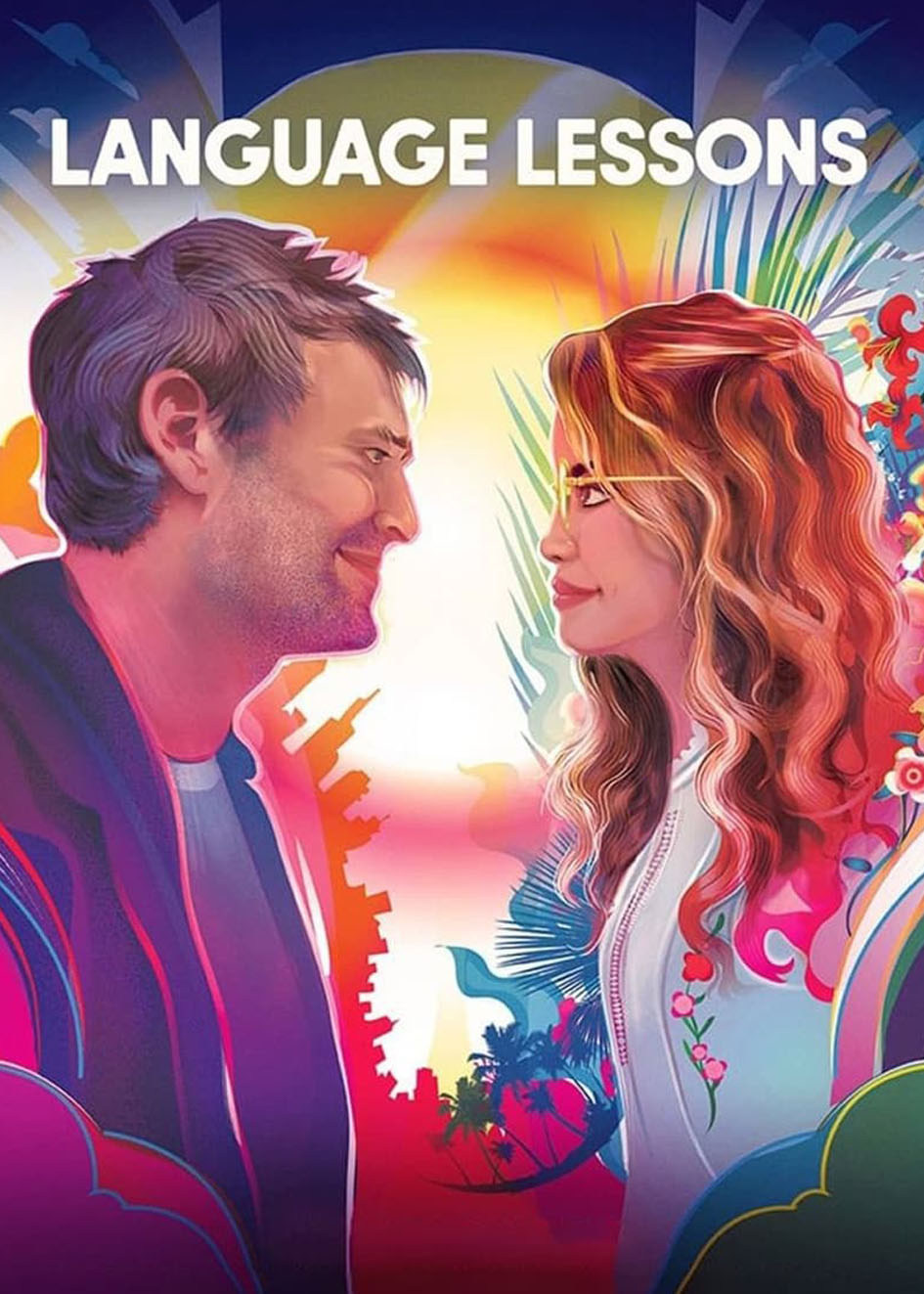
9. LANGUAGE LESSONS
These past two years, I’ve been mostly resistant to films that try too hard to capture the moment we’re in, steering clear of anything that seems overly eager to depict lives lived remotely and the human connections sequestered to video feeds. Of course, capturing the times is precisely the thing cinema should be doing, but I generally feel like we don’t always need to be so damn conscious about it. Let’s allow it to subliminally affect what we create, and let future generations decipher how, say, a film about an alien robot car is actually about the trauma of living with long Covid. A film made exclusively over zoom or skype feels too obvious, as if the mere idea of documenting These Times in the barest literal sense was exhausted before a single example of the genre had even been produced. (That’s the fatiguing postmodern effect of the social media age, I suppose. An idea I will be exploring in my new film, Alien Robot Car.) But any antipathy I had for a screen-capture structure was soundly defeated by Language Lessons, a film in which an affluent Californian man named Adam (co-writer Mark Duplass) reluctantly agrees to take part in the Spanish lessons gifted to him by his husband. His regular tutorials with instructor Cariño (co-writer and director Natalie Morales) take a circuitous and often uncomfortable path, with every engrossing twist and turn credibly rooted in character. I’m not sure there was another film this year where I was so deeply invested in anyone as much as I was with these two, the emotional attachment immediate and (if I’m being honest) disproportionately intense. Perhaps watching it just days into Melbourne’s sixth lockdown gave the film an added poignancy. It’s the first film from director Morales, who thrives within the margins of the film’s very limited format, taking a chance on a canvas that immediately evokes a deep-seated hostility in anyone who’d been cursed with the modern mechanics of remote office work. A good character study overcomes all ills, and Language Lessons one is so damn good it should be taught in film school. Just preferably in person.
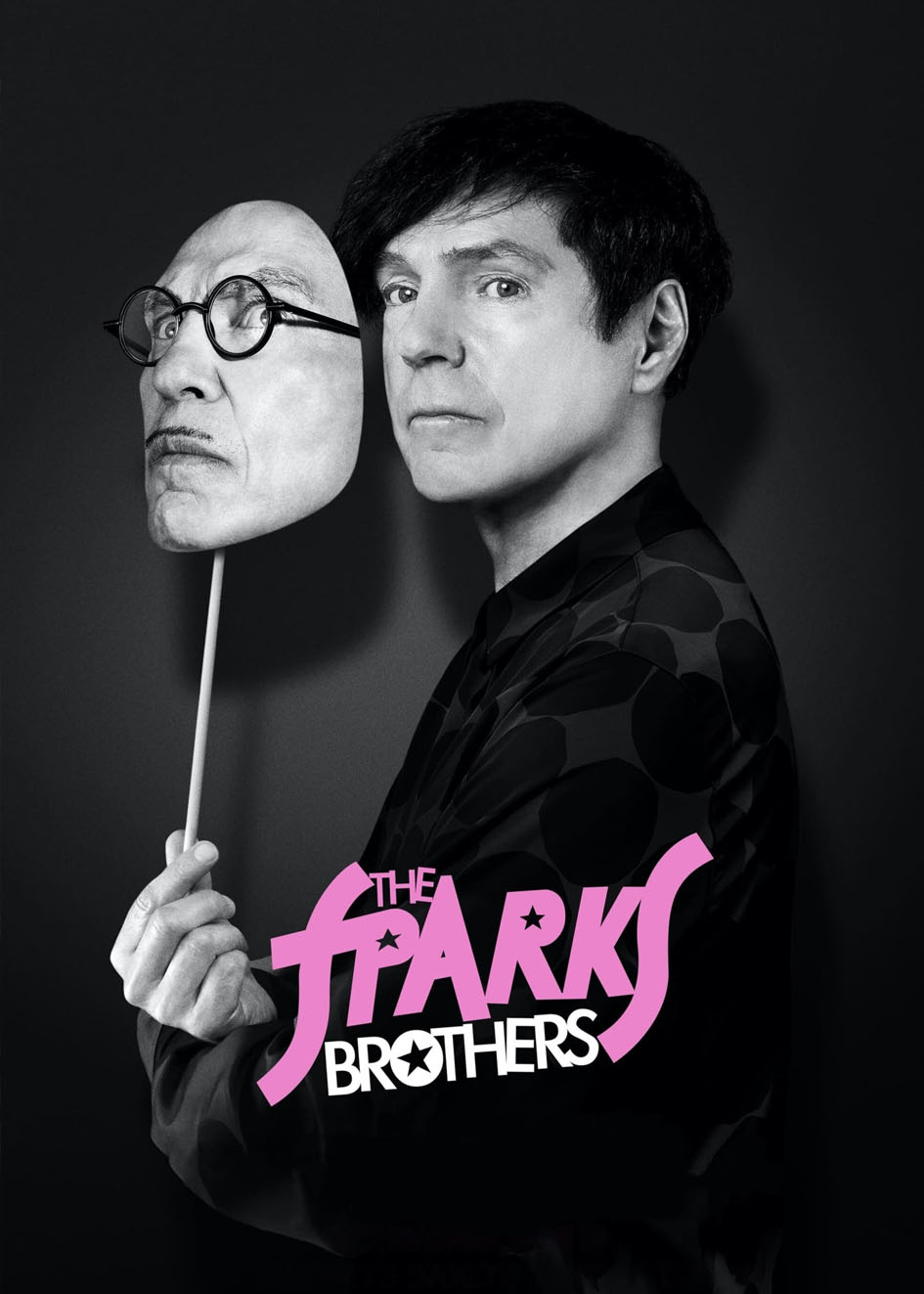
8. THE SPARKS BROTHERS
I’ll confess, I did relent and look up Sparks before I saw this film to confirm they were actually real. I was increasingly convinced that a band as strange and popular and apparently beloved as the trailer for this film made out could not possibly exist, that Edgar Wright was playing a Forgotten Silver-style prank on us. I don’t usually flip to the back page ahead of time, and really shouldn’t have here; that air of mystery would have played well into the film’s vibe. Wright directs this documentary with the same sort of adolescent hyperactivity that made Mark Hartley’s Not Quite Hollywood such a vital ground-breaking ride. The Sparks Brothers is an ode to unwaning, single-minded creative forces of fringe figures that is universal in its specificity: it appeals because the group is every bit as obscure as it is influential. They’re the perfect subjects for this kind of documentary, because it feels certain they couldn’t possibly appeal to anyone not already keyed into their uniquely strange and specific stylings… which, were it not for this film, you’d be forgiven for thinking was everyone. And yet I challenge anyone to come out of the film without a fierce affection for this fraternal art pop double-act. Even those who had to google them to make sure they really existed.
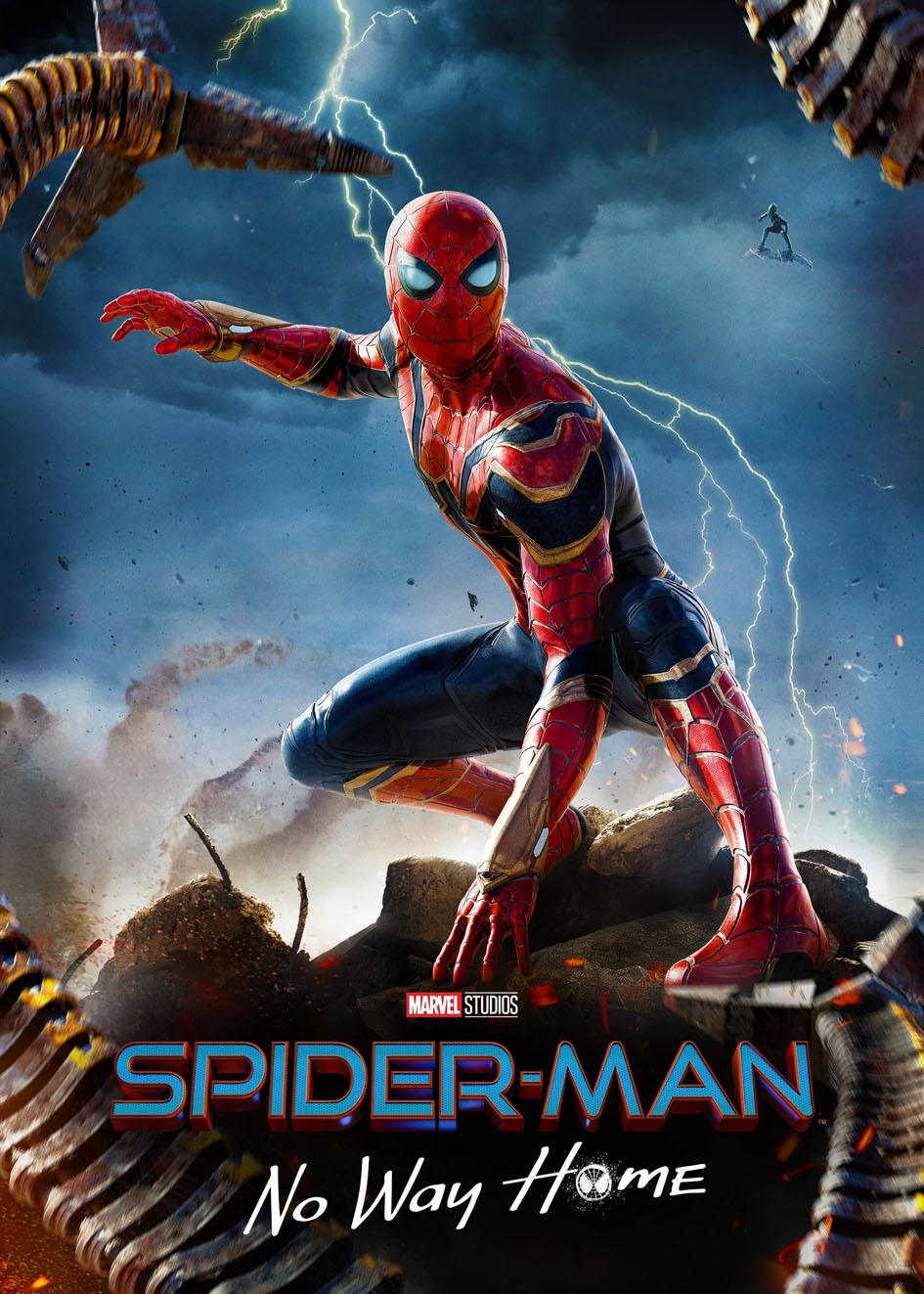
7. SPIDER-MAN: NO WAY HOME
For quite a while now, I’ve been pointing out to anyone who will listen and many who won’t that the tsunamic surge of superhero films is not interesting because CGI advances have better allowed for the aesthetically-realistic depictions of superpeople – it’s interesting because for practically the opposite reason. CGI has become so ubiquitous, audiences are simply no longer impressed. The awe-inspiring computer effects that were once the primary selling point of the blockbuster are now casually deployed in commercials for home insurance, and so the concept of “spectacle” has left the visual and now fallen back to character and story. I know the Grand Marvel Experiment is viewed with a healthy amount of cynicism, but the experiment of interconnected franchises that only works if the audiences hold genuine affection for the characters that inhabit them. If you don’t believe me, ask Zack Snyder. Or the creators of Universal’s Dark Universe, possibly the only big, sprawling franchise in cinema history that consists of one film. Or you could travel back to the Melbourne premier of Spider-man: No Way Home, where the audience nearly took the roof off the place at several points during the film. Australian audiences are not, as a rule, a rambunctious lot. The viral vision of crowds flipping out over the Avengers: Endgame climax were clearly taken in the US, because no one wants to share videos of Aussies slouched back in their chairs, grinning contentedly. But No Way Home was different, and I don’t need to say why here. If you know, you know. Two years of lockdowns had primed us for a big, emotional, shared experience, and this was it: Gen-Y nostalgia weaponised and fired with pinpoint accuracy. The true moments of spectacle in this film? They were people standing around and chatting, moments that clearly blew the running time out yet survived the final cut, because at heart the makers understood that we were more invested in these characters than we are in explosive gymnastic battles. There are a number of very valid criticisms to be made of No Way Home: it’s almost too much film, groaning under the weight of its ambition, and you can practically see the contractual agreements unfold on screen as a studio discovers in real time that it can now monetise long-dormant iterations of a franchise, in ways that were considered impossible just a few short years ago. But what does any of that stuff matter if the reaction is sincere? Audiences only take the trip with you if they truly care, and I have never witnessed a crowd explode with so much pure joy in a cinema, ever. It was an experience unlike any other I’ve had watching a film, and I was entirely happy to be swept along with it. I didn’t necessarily believe I was immune to nostalgia hits, but was still taken aback at how well this one worked on me, how thrilling the impossible magic trick of this film ended up being. There are emotional payoffs spanning twenty years contained within this strange thing, resolutions we didn’t even know we craved, and beloved characters we thought were gone forever us coming back in ways no one had truly considered possible. For a character founded on the concept of loss, there’s no bigger spectacle.
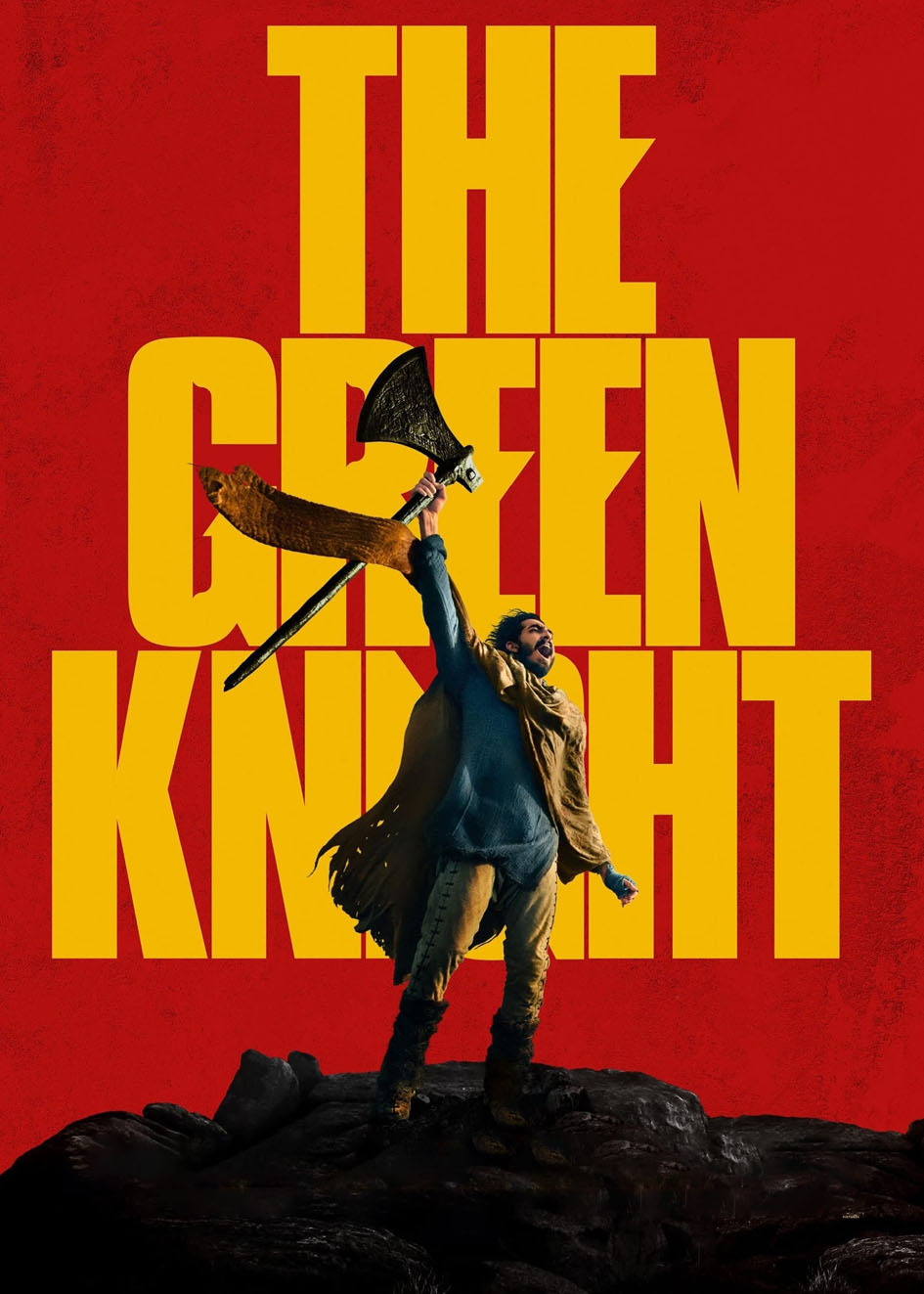
6. THE GREEN KNIGHT
If the screen version of Game of Thrones can lay claim to a legacy, it’s of cementing the idea that “adult fantasy” is simply “Lord of the Rings, but with a bunch of sex and violence”. I don’t believe that idea as reductive as I’m making it sound, but it takes up so much real estate that it crowds out the type of adult fantasy David Lowery has presented: one where magic isn’t wands and spells, but something deep within the Earth, a pagan force that humans cannot ever hope to wield or understand. The Green Knight clearly has its origins in the Boy’s Own fantasy hardcovers that once populated the dusty shelves of every decent second-hand bookshop, but Lowery adapts the source material as a hallucinogenic fever dream, where the fantastical danger is so beyond our comprehending that characters have little choice but to be buffeted by its forces. There’s a hint of Lowery’s sedate 2017 supernatural drama A Ghost Story in here, a film that’s loathed by many, but one I consider near-perfect, as close to evoking a sense of existential wonderment as anything since 2001: A Space Odyssey. That same inscrutable dread is at work here, where the familiar fantasy tropes are far more dangerous and chaotic than we are used to in the genre. The closer it hews to the danger and chaos of the real world, the more terrifying and sublime it is.
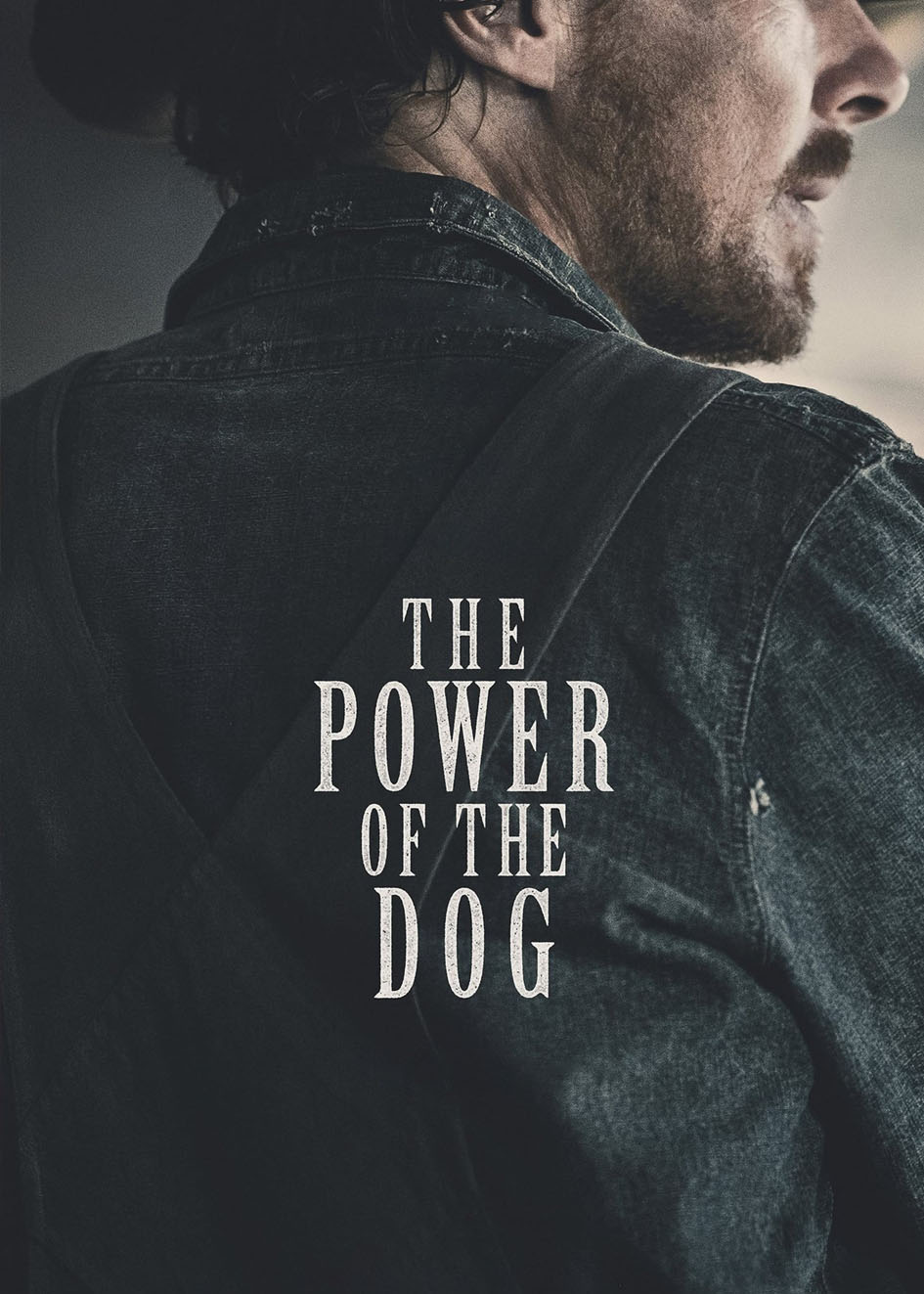
5. THE POWER OF THE DOG
To Jane Campion, there’s no more fundamental conflict than when a sensitive soul collides with the brutality of nature, both environmental and human. They mix like paint, bolder for having combined, but the purity of each now irreversibly polluted. It’s the foundational idea of her masterpiece The Piano, and while it’s informed a number of her works in the interim, it’s so crucial to The Power of the Dog that it almost makes the film feel like a coda. Since seeing it, I’ve been stuck on the tissue that connects the two films. But all that academic postulating – the connection between Rose’s inability to play the piano in this film in her new life to The Piano’s Aida; the ways in which the masculine in one film mirrors the feminine in the other – all occurred long after the film had finished. The film struck me because it enthrals in every breath: the ways in which power continually shifts between the characters, the breathtaking tension contained in the act of someone simply walking a few steps, the relief and tragedy when the true motivations finally present themselves. It’s the greatest cinematic romance of the year, and the fact that it doesn’t reveal who that romance is between until long after we think we’ve deciphered the film’s intentions, is the most perfectly-executed reveal of the year.
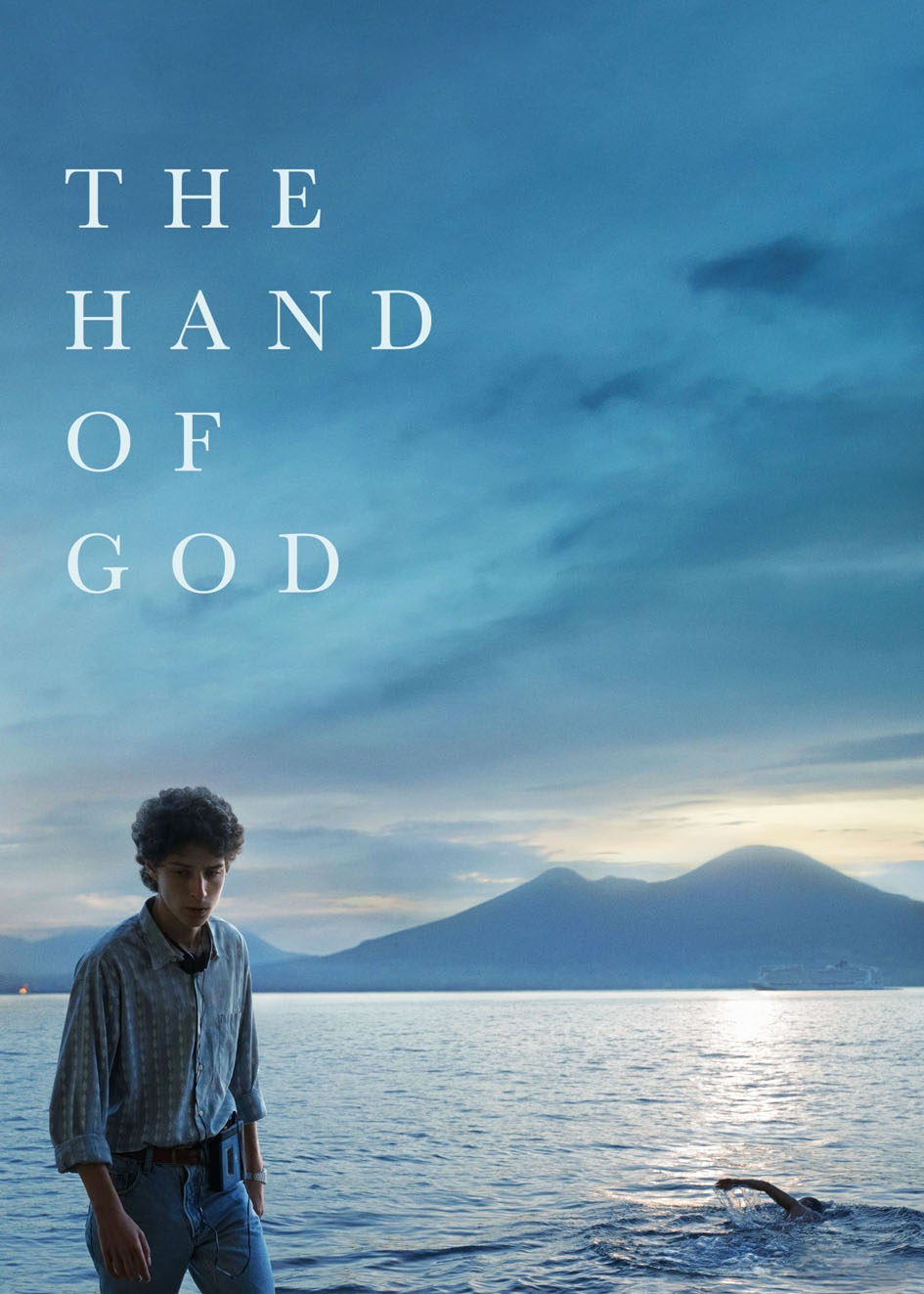
4. THE HAND OF GOD
I’m sure there’s an argument to be made that all cinema is nostalgia, but there’s little I enjoy more than watching a filmmaker discard the pretence of couching their lived experience in their other works, and diving head-first into pure autobiography. On paper, this kind of reflection should be insufferable and myopic, but when I cast back to the key examples, I’m convinced it brings out the best in the best. There’s no better George Lucas film than American Graffiti, no more evocative depiction of 20th century Liverpool than Terence Davies’s Of Time and City, few films as richly entertaining as Guy Maddin’s My Winnipeg, no better reason to sit in front of a screen than if it happens to be playing Agnès Varda’s The Beaches of Agnès. Far from being self-indulgent, the inward-gaze seems to draw forth something pure and undiluted. I was captivated by Sorrentino’s The Great Beauty and the way he deploys moments of magical realism to elicit truth rather than conceal it, and expected The Hand of God to be the ideal forum for these flourishes. But, dealing with his own real life, he is firmly restrained. Any hint of surrealism would interrupt the tactile: the sounds of cicadas on the mountainside or the immediacy of family bickering or the distant tiny lights that make up the world he once felt trapped by, now filtered through the eyes of someone who finally understands how good he once had it. It is romantic and vivid and dripping with sentiment, and easily my favourite of his works to date. Just as I believe I grew up in 1950s Liverpool, and 1960s Modesto, and 1970s Winnipeg, I am now convinced I spent the 1980s by the sea in Naples.
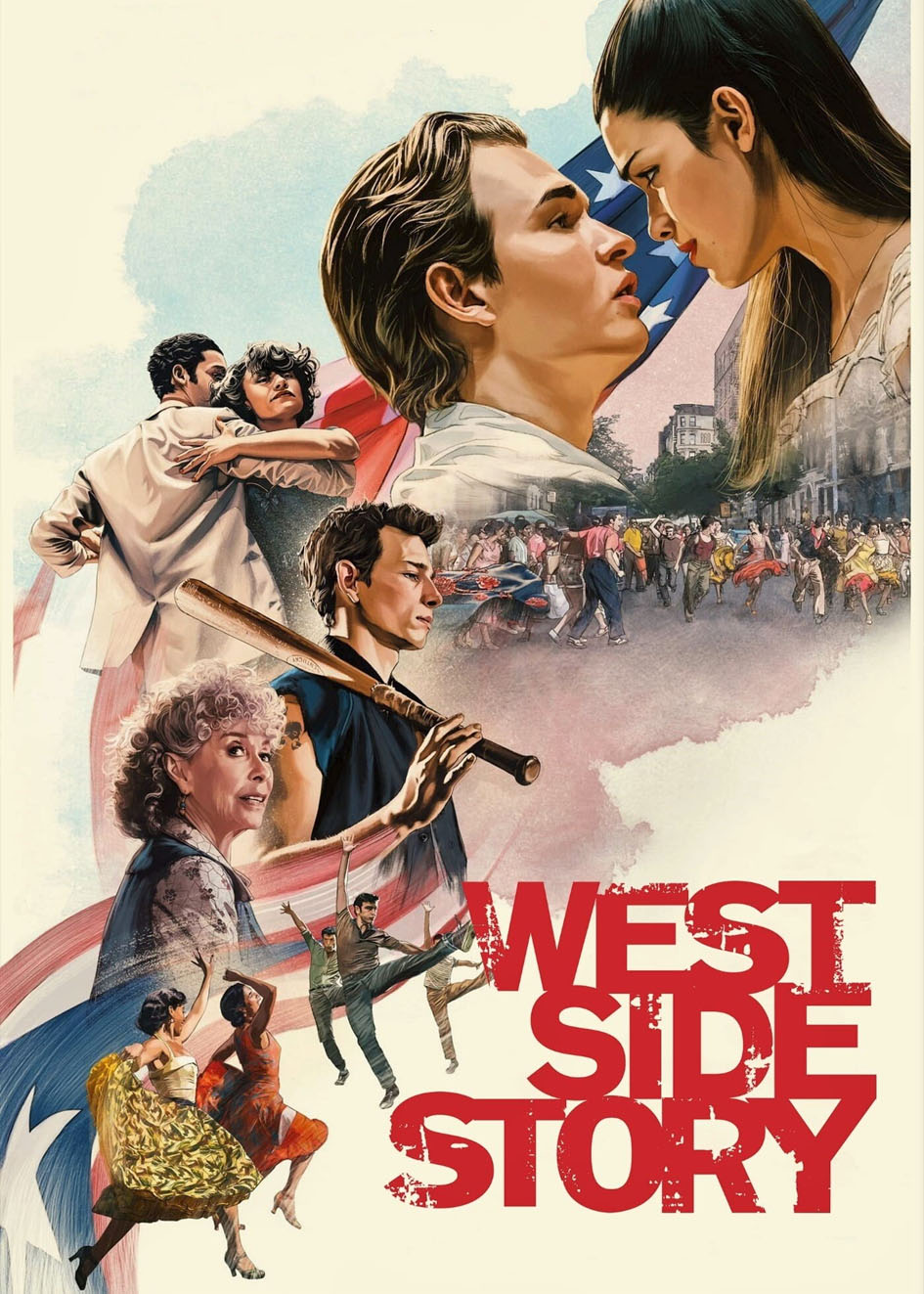
3. WEST SIDE STORY
I have a strong (but possibly distorted) memory of George Clooney, in the midst of promoting Ocean’s Elevenin 2001, making the not-unreasonable point that it’s better to remake a bad film than a great one. (Save for its excellent ending, the original Ocean’s 11 is really not a great film.) Taking a second swing at something that already reached the summit really only leaves you with one direction to go, and while there have been examples of all-timer twofers – Cape Fear/Cape Fear, Infernal Affairs/The Departed, La Cage aux Folles/The Birdcage – they’re the exceptions that prove the rule. When Spielberg announced he was remaking West Side Story, the challenge seemed even greater than simply – “simply”! – matching Robert Wise’s pitch-perfect original. Although it’s still beloved, the original West Side Story has long been a shorthand for dated tropes and anachronistic sanitisation. You only need mention the concept of New York street gangs fighting one another using the ancient martial art of modern jazz ballet to elicit a chuckle over how childproofed Old Cinema was. It’s the poster child for how cinematic diets have changed. So how could a musical whose greatness lies inextricably in 1961 be ported to 2021? As if that wasn’t enough, the remake would be coming out at the same time as another, far more modern musical about Latinos fighting gentrification on the fringes New York, this one driven by the musical genius du jour Lin Manuel Miranda… surely the mere existence of In the Heightswould further underscore how poorly-dated West Side Story is? I’m dwelling on the odds stacked against this film, because I think they’re important in establishing what a towering achievement this remake is. It may be a fool who still doubts Spielberg, but the (artistic) success of this film was never assured. Working from a blisteringly clever screenplay from Tony Kushner, Spielberg has somehow made a film that feels vital and entirely of the moment. The balletic clashes are still there, but have a more dangerous, violent tinge to them. Anyone smirking through these moments can only be forcing the reaction, walking in with the cynicism locked and loaded. Spielberg’s West Side Story is joyous and terrifying in ways I wasn’t expecting, the songs and dances all perfectly rendered, with Mike Faist’s Riff and Ariana DeBose’s Anita essentially walking off with the film, and Rita Moreno threatening to steal the whole show for a second time in as many centuries. I walked in hoping it wouldn’t be a disaster, and walked out thinking the blasphemously impossible: it is every bit as great as the original.
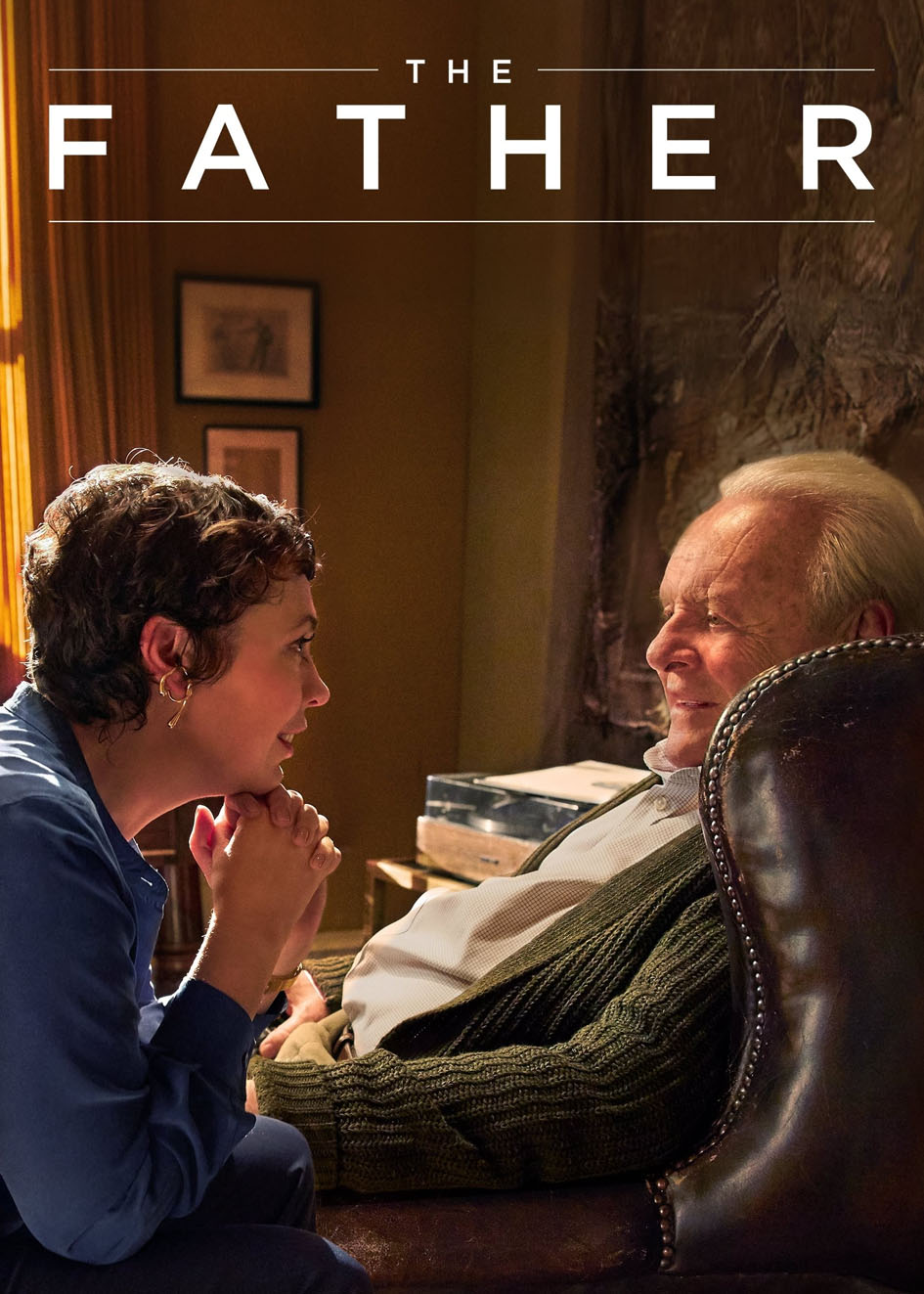
2. THE FATHER
In the Battle Royale for positions on these end-of-year lists, there’s always an extra level of difficulty for that crop of last year’s films held over a few months to capitalise on what the local distributor hopes will be awards season traction. For The Father to remain lodged in my mind throughout the several decades that comprised 2021 is as remarkable as it is thematically off-piste, given the entire film is rooted in the unreliability of memory. Florian Zeller’s debut feature is, on the surface, an extremely cunning bag of tricks, but tricks that are not simply there to show themselves off. They unsettle and provide perspective with more effectiveness than probably anything I’ve ever seen. Art is all about finding new ways to unravel the human experience; has there ever been a work as empathetic, shrewd, or devastating as The Father? The story of a man struggling to trust his own mind as Alzheimer’s takes hold may have begun its life as a play, but there’s a veneer of distance that comes with cinema, a forced viewpoint that unsettles. We see and feel everything in concert with the titular character, absolutely certain in the reality of everything we’ve witnessed, but still unable to trust it, infuriated that the other characters are almost wilfully oblivious. To conjure that kind of complicated reaction from your audience is a truly miraculous feat, and this brutal, beautiful work spent almost the entire year as my clear favourite. Until…
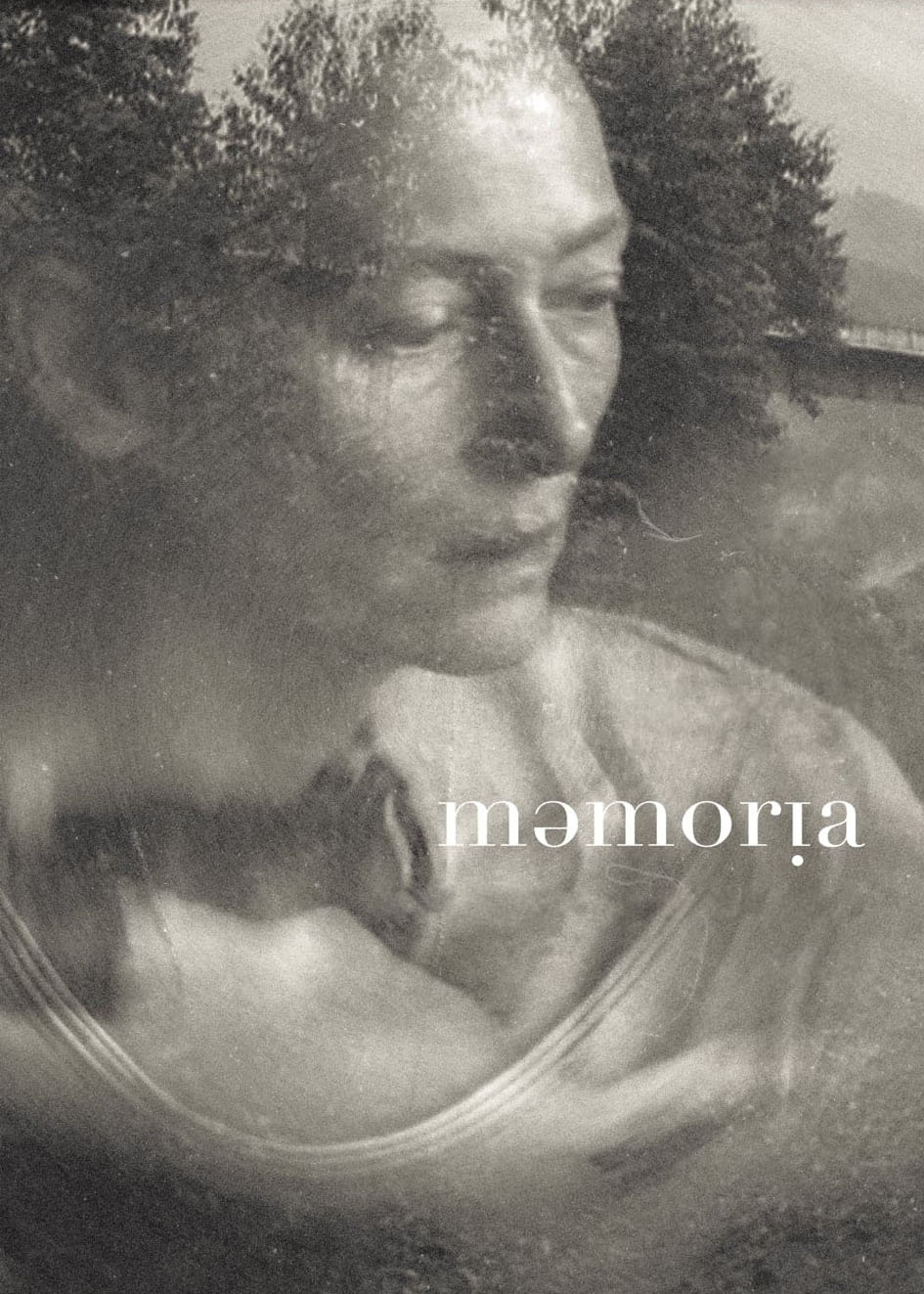
1. MEMORIA
If my number two film of 2021 was a 2020 film about memory, it’s only appropriate that it should be followed by a 2022 film about sounds echoing back through time… literally named “Memory”. The film is set for release early next year, but it screened publicly for one night in December, and hightailing it across the city to make its sole session was one of the better decisions I made this year.
It was appropriate that the screening began with an ad for an upcoming Abbas Kiarostami retrospective, because there can’t be too many people who can better claim to be heir to the late master’s throne more than Apichatpong Weerasethakul. Who else plunges you into the staid stillness of reality with impossible patience, and then, with the timing of a magician, twists the fabric of your entire reality? The fantastical is always, counterintuitively, more stirring when it’s grounded in the authentic, and Memoria’s brief glimpses of the impossible are as entrancing as anything else seen this year.
When it began, I was sure I could see its gears at work. I could feel the effort rather than the effect, and imagined it would be an experience of appreciation more than passion, emerging from the theatre full of admiration, but unmoved. I can’t quite pinpoint the moment everything shifted. Was it the moment with the bus? The scene in the sound studio? The conversation by the river? Maybe it happened incrementally, but not until the film was nearly over did I realise I was now arched forward, fingers tensed, mouth stretched open in a cartoonish expression of amazement. A shout-out to mandatory cinema mask rules for preserving my dignity as much as my respiratory system.
Memoria is as close to a purely sensory experience as narrative cinema can get, short of William Castle hooking up an electric current to your seat. It’s a film about how waves of trauma ripple through generations until we can recognise only the reactions; the inception lost to time.
Word is that Memoria is never going to be released in a home cinema or streaming format, and while that may sound like a fairly pretentious stunt (and one that will yield in a matter of months), it does feel like the right move. Not just because the film demands absolute immersion, but because it should never be a tangible object. It is a work of mystery, and we are constantly forced to guess about what we saw and heard, moments of uncertainty that should be felt in the moment, with no hope of backtracking or forensic analysis. If Tilda Swinton’s Jessica has no choice but to trust her memory of events, then so too should we.
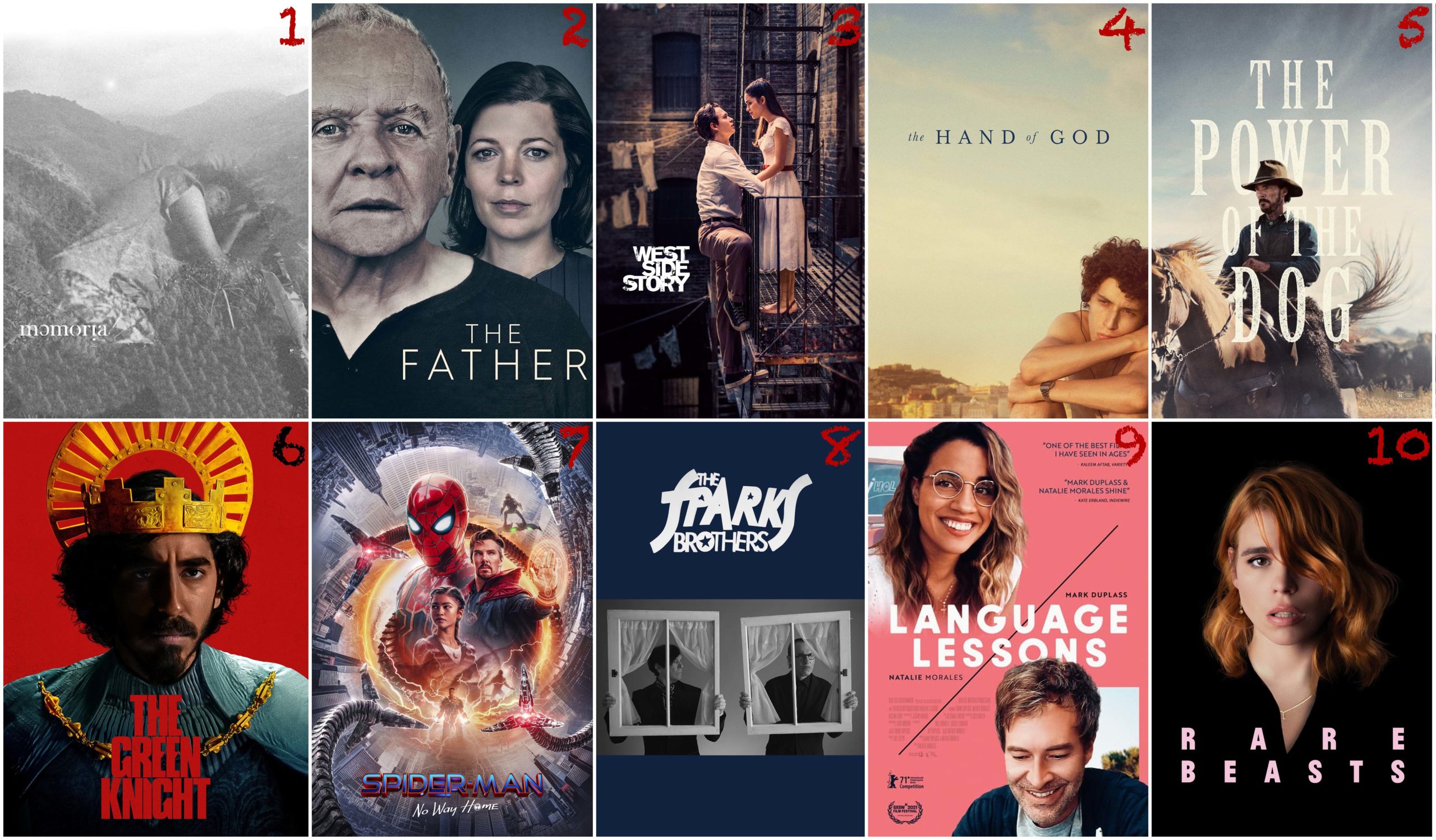
New Release Films Watched in 2021:
One Night In Miami…, Jesus Rolls, The White Tiger, The Dig, Malcolm & Marie, Blackbird, News of the World, Palmer, Space Sweepers, Red Dot, Superman: Red Son, Below Zero, Outside the Wire, Minari, I Care a Lot, Billie Eilish: The World’s a Little Blurry, Moxie, The Glorias, The Truth Has Changed, Cherry, Coming 2 America, Made You Look, Barb and Star Go To Vista Del Mar, Godzilla vs Kong, Concrete Cowboy, Zack Snyder’s Justice League, Run, The Father, Carmilla, The Kid Detective, Stowaway, Spiral: From the Book of Saw, Love & Monsters, Oxygene, Things Heard and Seen, The Mitchells vs the Machines, The Woman in the Window, Army of the Dead, I Am All Girls, Finding ’Ohana, Monster, The Strange House, Raya and the Last Dragon, Another Round, Awake, Black Widow, In the Heights, Luca, Tragic Jungle, Judas and the Black Messiah, Old, The Sparks Brothers, Inside, My Name Is Gulpilil, Prime Time, Blood Red Sky, America: The Movie, The Swam, Batman: Soul of the Dragon, The Tomorrow War, Misha and the Wolves, Hopper/Welles, Riders of Justice, Woodlands Dark and Days Bewitched: A History of Folk Horror, The Most Beautiful Boy in the World, Language Lessons, Babi Yar. Context, Coda, Vivo, Aftermath, Sweet Girl, Cruella, Beckett, Fear Street: 1994, Fear Street: 1978, Fear Street: 1666, Nobody, Land, Count Me In, Worth, Rare Beasts, Locked Down, The Little Things, Strong Female Lead, The United States vs Billie Holiday, The Dry, Chaos Walking, Bliss, Too Soon: Comedy After 9/11, High Ground, Reminiscence, Val, Kate, Schumacher, The Owners, Firestarter: The Story of Bangarra, Come From Away, The Mauritanian, Free Guy, Boss Level, Summer of Soul (…or, When the Revolution Could Not Be Televised), Happily, The Guilty, The Velvet Underground, The Truffle Hunters, A Quiet Place Part II, Ninjababy, Willy’s Wonderland, Derek Delgaudio’s In and Of Itself, Annette, The Green Knight, Big Deal, In the Earth, The Courier, The Nest, Antlers, The Last Duel, Night Teeth, Penguin Bloom, The Electrical Life of Louis Wain, Last Night in Soho, Shang-Chi and the Legend of the Ten Rings, Eternals, The Many Saints of Newark, The Harder They Fall, The Suicide Squad, Finch, Passing, Shiva Baby, Together Together, No Time To Die, Pig, Titane, Tick Tick… Boom!, The Night House, The Killing of Two Lovers, Nitram, The Justice of Bunny King, Coming Home in the Dark, Wrath of Man, Venom: Let There Be Carnage, Dune, The Power of the Dog, The Card Counter, No sudden Move, Memoria, Malignant, Prisoners of the Ghostland, Ghostbusters: Afterlife, Apparitions, Candyman, Red Notice, Spider-man: No Way Home, The French Dispatch, Old Henry, The Hand of God, Stillwater, Swan Song (Benjamin Cleary), Swan Song (Todd Stephens), Being the Ricardos, The Tragedy of Macbeth, West Side Story, The Worst Person in the World, Don’t Look Up, Licorice Pizza, The Matrix Resurrections.
Older Films Watched in 2021:
Sneakers (1992), Singin’ in the Rain (1952), Good Night, and Good Luck (2005), A Day at the Races (1937), Out of Sight (1998), In the Heat of the Night (1967), They Call Me Mister Tibbs! (1970), The Organization (1971), Serenity (2005), Serenity (2019), Pat and Mike (1952), The Wailing (2016), Don’t Drink the Water (1994), The Hangman (1959), The Wife (2017), Borat Subsequent Moviefilm (2020), Johnny Mnemonic(1995), Selma (2014), 12 Angry Men (1957), The Kid (1921), Wendy (2020), Guess Who’s Coming To Dinner (1967), Little Woods (2018), The Little Girl Who Lives Down the Lane (1976), Swallow (2019), Dellamorte Dellamore (Cemetary Man) (1994), Steven Universe: The Movie (2019), The Killers (1946), The Killers (1964), Stereoscopic Killers (2016), Killers (2010), The Lion in Winter (1968), Speed Racer (2008), Lilies of the Field (1963), Waterloo (1970), Porco Rosso (1992), Let Them All Talk (2020), Marwencol (2010), Welcome To Marwen (2018), The Ipcress File (1965), Funeral In Berlin (1966), Billion Dollar Brain (1967), Bullet To Beijing (1995), Midnight in Saint Petersburg (1996), Wild About Harry (2016), Dead Man (1995), The Rider (1995), Coming To America (1988), Field of Dreams (1989), Damsel (2018), Terminator: Dark Fate (2019), The Platform (2019), The Hot Rock (1972), Godzilla (2014), Kong: Skull Island (2017), Godzilla: King of Monsters (2019), The Defiant Ones (1958), Scott Pilgrim vs the World (2010), Little Murders (1971), Battle of the Sexes (2018), 2001: A Space Odyssey (1968), The Hitch-Hiker (1953), Man of Steel (2013), Batman v Superman: Dawn of Justice (Ultimate Edition) (2016), Barry (2016), Southside With You (2016), The Vast of Night (2019), House of Games (1987), A Rainy Day in New York (2019), Deadpool (2016), Deadpool 2 (2018), Sometimes Always Never (2018), Never Rarely Sometimes Always (2020), You Were Never Really Here (2017), The Princess Bride (1987), The Current War (2017), In the Mood (1987), Judgment At Nuremberg (1961), Anatomy of a Murder (1939), Freedom Song (2000), Primer (2004), Saw (2004), Saw II (2005), Saw III (2006), Saw IV (2007), Saw V (2008), Saw VI (2009), Saw 3D: The Finale Chapter (2010), Jigsaw (2017), Spiral (2019), Blade Runner (1992 Director’s Cut) (1982), Clifford (1994), The Woman in the Window (1944), Small Axe: Mangrove (2020), Small Axe: Lovers Rock (2020), Small Axe: Red, White and Blue (2020), Small Axe: Alex Wheatle (2020), Small Axe: Education (2020), Uncle Boonmee Who Can Recall His Past Lives (2010), The Wilby Conspiracy (1975), Venom (2018), Soylent Green (1973), Russian Ark (2002), The New Mutants (2020), The Karate Kid (1984), The Karate Kid Part II (1986), The Karate Kid Part III (1989), The Next Karate Kid (1994), The Karate Kid (2010), The Player (1992), School of Rock (2003), The Devils (1971), Genova (2008), Blade Runner 2049 (2017), Fight Club (1999), High Fidelity (2000), Coffy (1973), My Tehran For Sale (2009), A Raisin in the Sun (1961), Brazil (1985), America (1986), Gung Ho (1986), Betty Blue (Director’s Cut) (1986), Something Wild (1986), Little Shop of Horrors (1986), Henry: Portrait of a Serial Killer (1986), Dogs in Space(1986), Mona Lisa (1986), The Mission (1986), The Name of the Rose (1986), Sid & Nancy (1986), Highlander(1986), Certified Copy (2010), Children of a Lesser God (1986), The Hitcher (1986), The Green Ray (1986), She’s Gotta Have It (1986), True Stories (1986), Mauvais Sang (1986), Dead End Drive-In (1986), Legal Eagles (1986), The Terrorisers (1986), 9½ Weeks (1986), A Better Tomorrow (1986), A Better Tomorrow II (1987), A Better Tomorrow III: Love and Death in Saigon (1989), Hoosiers (1986), Hannah and Her Sisters (1986), Dark City (1998), The City of Lost Children (1995), The Fisher King (1991), The Thin Man (1934), After the Thin Man (1936), Another Thin Man (1939), Shadow of the Thin Man (1941), The Thin Man Goes Home (1944), Song of the Thin Man (1947), Primer (2004), Upstream Color (2013), A Night at the Opera (1935), Master and Commander: The Far Side of the World (2003), Planet of the Apes (1968), Beneath the Planet of the Apes (1970), Escape From the Planet of the Apes (1971), Conquest of the Planet of the Apes (1972), Battle For the Planet of the Apes (1973), Princess Mononoke (1997), Spider-Man: Into the Spider-Verse (2018), The Guilty (2018), Public Speaking (2010), A Quiet Place (2018), The Report (1977), Putney Swope (1969), Parting Glances (1986), Good Times (2017), The Music Man (1962), The Matrix (1999), The Matrix Reloaded (2003), The Matrix Revolutions (2003), West Side Story (1961), Spider-Man (2002), Spider-Man 2 Roger Roger(2004), Spider-man 3 (2007), The Amazing Spider-man (2012), The Amazing Spider-man 2 (2014), It’s a Wonderful Life (1946).
Short Films Watched in 2021:
The Killers (1956), The Force Awakens From a Nap (2021), Refused Classification (2021), The Good, the Bad, and the Loki (2021), Being James Bond (2021), The Simpsons in Plusaversary (2021), Becoming Emma Baintree (2021), Ted Lasso: The Missing Christmas Mustache (2021).
